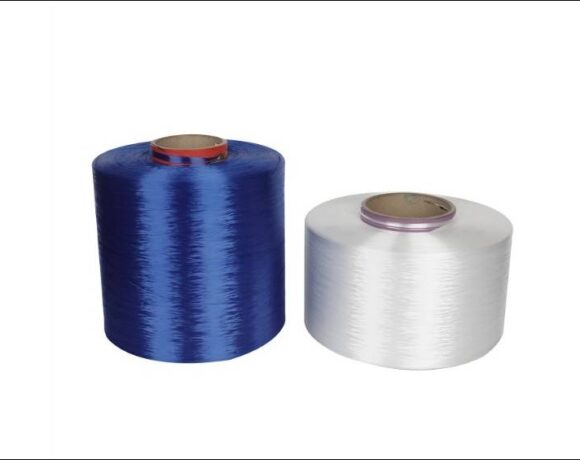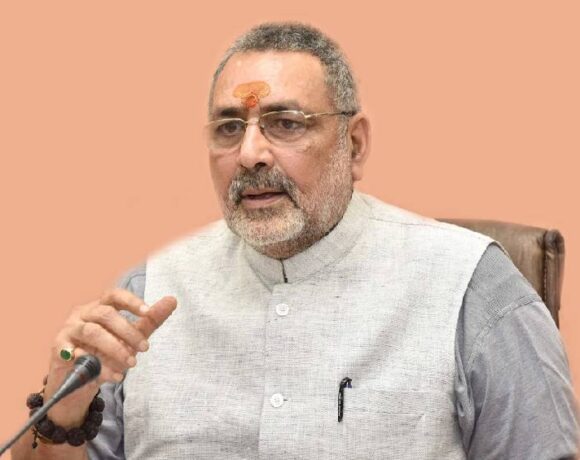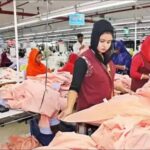Gujarat Textile Policy 2024: Comprehensive Incentives To Propel Sustainable Growth

Gujarat, a leading textile hub of India, has announced its Textile Policy 2024, designed to boost investments, support local enterprises and promote sustainable manufacturing practices. The policy provides a mix of capital subsidies, interest relief, payroll assistance and infrastructure support, aiming to position Gujarat as a global leader in textiles.
Key Incentives and Financial Support
The Textile Policy 2024 offers capital subsidies ranging from 15% to 25%, encouraging investments in new textile units with a special focus on technical textiles and sustainable fabrics. Units in backward regions will receive higher subsidies to promote balanced regional development. This incentive framework aims to support a broad spectrum of textile operations, including spinning, weaving, garmenting and technical textiles manufacturing.
The interest subsidy component provides 5% to 7% relief on loans taken for new projects or capacity expansion, making it easier for businesses, particularly MSMEs, to adopt advanced machinery and technology. Additionally, electricity subsidies are available, lowering tariffs for power-intensive units such as dyeing and spinning units, reducing overall operational costs.
To attract enterprises to textile parks, the policy grants 100% stamp duty exemptions for land acquisition. These parks will offer integrated infrastructure, technology hubs and logistics support to facilitate seamless operations and exports.
Employment-Focused Initiatives
One of the standout features of the Gujarat Textile Policy 2024 is payroll assistance aimed at promoting local employment. Textile enterprises hiring local workers will receive direct financial support for wage payments, particularly during the early years of operation. This initiative is expected to generate thousands of jobs across both urban and rural areas.
The policy also introduces financial aid to Self-Help Groups (SHGs) engaged in job work or small-scale textile production. SHGs will receive subsidies for purchasing equipment and working capital, enabling them to become an integral part of the textile supply chain and promoting entrepreneurship at the grassroots level.
Sustainability and Green Manufacturing
A strong emphasis on sustainable production distinguishes the Gujarat Textile Policy 2024. Companies adopting green technologies—including solar energy systems, zero-liquid discharge (ZLD) processes and water-efficient dyeing machinery—are eligible for additional subsidies and tax exemptions.
Manufacturers utilizing organic cotton, recycled fibres or adopting circular economy practices will also benefit from tax rebates, aligning with global sustainability goals and promoting environmentally responsible production.
Infrastructure Development and Export Promotion
The policy focuses on developing world-class integrated textile parks with modern facilities for spinning, weaving, dyeing and garmenting. These parks will offer single-window clearances and logistics hubs, making Gujarat more competitive in the export market. The government aims to leverage Free Trade Agreements (FTAs) and other global opportunities to expand Gujarat’s reach in international markets, particularly in the EU and the US.
Impact and Industry Response
The Gujarat Textile Policy 2024 is expected to attract significant domestic and foreign investments, with a focus on MSMEs, technical textiles and eco-friendly manufacturing. It aims to create a robust ecosystem for both large enterprises and small businesses, generating employment across the value chain.
Industry leaders have welcomed the policy, especially for its focus on sustainability, employment generation and rural entrepreneurship through SHG involvement. The policy is aligned with Gujarat’s vision of becoming a global textile hub while ensuring environmental responsibility.
Traditionally, Gujarat has a textile ecosystem and apparel value chain from raw material availability, yarn production and fabric production to the manufacturing of apparels and made-ups. Gujarat accounts for approximately 28% of cotton production and 50% of MMFs in India. Of the total fabric production, around 40% is contributed by MMF. The state also produces around 25% of technical textiles in the country. Its contribution of approximately 12% to the country’s textile exports and around 35% to India’s cotton exports underscores its pivotal role in the sector.














